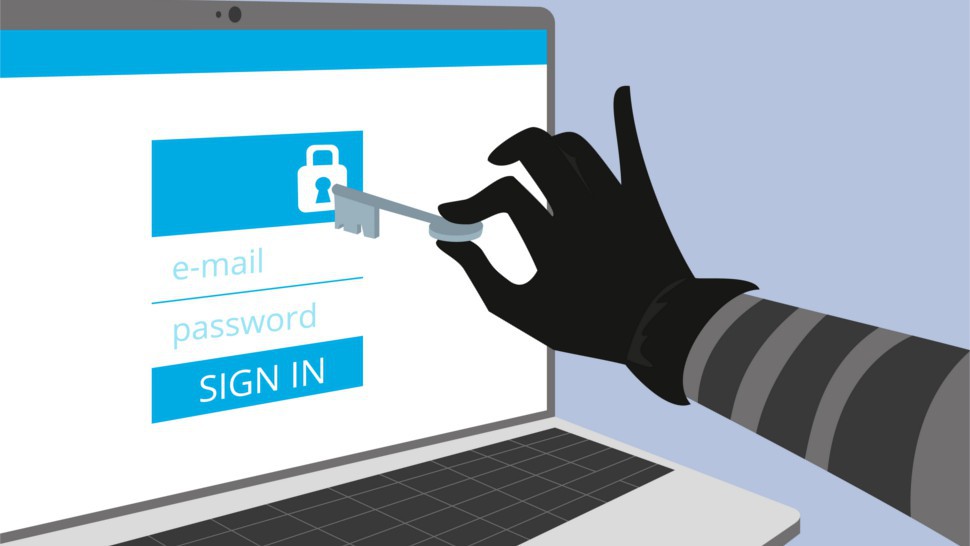Researchers Discover Hola VPN Does Not Encrypt Data

Virtual private networks (VPNs) mask your identity online so hackers and the government cannot snoop on you. This makes it perfect for those users in countries with censorship laws, journalists, and even the personal user who wants to protect their data from prying eyes. Yet, not all VPNs are alike as Trend Micro discovered some unsettling things about Hola VPN.
Hola VPN’s Problematic Infrastructure
The researchers at Trend Micro found severe vulnerabilities with the Hola VPN software. Of note is the fact the service provider offers free service in exchange for your computer’s idle resources.
To put it another way, “Hola VPN is being marketed as a community VPN: internet users are told they can help each other to access websites freely and without censorship by sharing their internet connections,” notes Trend Micro. As you can imagine, there’s an inherent problem with this design.
One of the main purposes of a VPN is to achieve anonymity. The only issue with this is by sharing personal resources such as internet connection nodes, it seems to do the opposite.
Adding further problems to this is the fact Hola VPN does not encrypt its data which is the very reason why people use VPNs in the first place. What’s the risk in no data encryption? It means hackers have the ability to employ man-in-the-middle attacks to intercept your data. This could result in malware deployment, identity theft, and other fun things you don’t want.
Free Almost Never Means Free
While the idea of a free VPN service is noble, Hola VPN has other purposes. Trend Micro states when you agree to terms of service you also become a peer of the Luminati network. And if this doesn’t sound great, you’re right.
“This commercial service sells the bandwidth of Hola VPN users to third parties by offering a residential proxy network,” according to Trend Micro. In essence, what this means is they can sell this traffic and the data that comes with it to third-parties such as advertising programs. Keep in mind third-parties don’t have strict guidelines they must follow so theoretically anyone can intercept your data from there.
Meanwhile, there are other VPN providers that offer you free service, though it’s normally limited in scope such as offering a connection for one device. However, many offer a complement of full services such as anti-malware protection for all your devices for less than $10 a month, making it a wise choice.
Things to Look for in VPN Service
The recent findings surrounding Hola VPN should help us be more mindful in the services we choose. To this end, it’s important to investigate the company and its offerings before making a choice.
The biggest focus should be on how it handles data. Some VPN services only serve as a conduit and won’t store your data at all or if they do, they give you access to it. Moreover, data encryption is another piece of the puzzle. As simplistic as it sounds, if they don’t encrypt your data, what’s the point in going with them?
Last but certainly least is the user experience. You can use Google to research the company and read reviews of users who have accessed the service. This can give you a clearer picture of how well it works and whether there are patterns of problems many users encounter.
Meanwhile, if your device loses data, turn to the experts at Outsource Data Recovery. We’re adept at recovering files from a wide range of servers and device types in a secure and fast manner. Best of all, we give you a free quote so you can have the solutions presented before you make a choice. Contact us today to learn more!